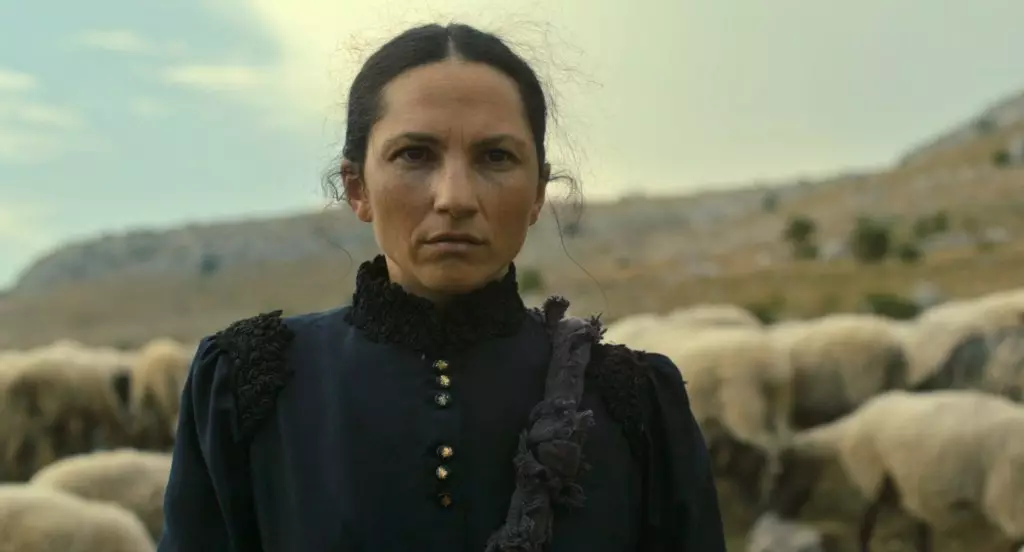Hana Jušić has established herself as a daring and compelling storyteller whose work pushes boundaries and challenges conventional narratives. Her latest project, “God Will Not Help,” exemplifies her willingness to explore complex human dynamics set against mesmerizing historical backdrops. Jušić’s knack for threading personal and societal upheaval into visually stunning cinema marks her as a significant force in contemporary European film. Her ability to craft stories that resonate with universal themes—such as community, displacement, and liberation—sets her apart from many of her peers who often settle for superficial storytelling.
Through her meticulous storytelling and distinctive visual style, Jušić demonstrates an unwavering commitment to authenticity. Her narrative choices incorporate nuanced characters and layered conflicts, transforming personal struggles into reflections of larger societal questions. This approach not only elevates her work but also invites viewers into a shared introspective journey that is both challenging and inspiring.
Breaking New Ground with “God Will Not Help”
This film, set in the early 20th century, follows the arrival of a Chilean woman claiming kinship with a remote Croatian community. Jušić’s depiction of this outsider’s entrance into a tightly knit, isolated society offers a profound examination of human nature and societal norms. The story’s tension emanates from the community’s resistance to change, yet paradoxically, her presence sparks a newfound sense of freedom—highlighting the unpredictable nature of truth and the resilience of individual spirit.
By choosing a historical setting, Jušić taps into universal themes of exile, identity, and the pursuit of belonging. Her decision to host the premiere at the Locarno Film Festival—an event renowned for championing innovative and independent cinema—underscores her intention to push artistic boundaries and reach audiences craving fresh narratives. Her casting of Chilean actress and director Manuela Martelli, who returns to the big screen after a five-year hiatus, signals a commitment to empowering strong performances that anchor complex themes.
Why Jušić’s Work Matters in the Broader Film Landscape
Critics and industry insiders alike recognize Jušić’s distinctive voice as vital amid today’s saturated cinematic landscape. Her works push viewers to confront uncomfortable truths about societal structures and personal identity, fostering a deeper understanding of the world’s diversity. Jušić’s films are not merely entertainment—they’re catalysts for conversation and change.
Furthermore, Jušić’s success signifies a growing confidence among European filmmakers to tell stories rooted in history, cultural complexity, and emotional depth. She combines the artistic with the political, using her films to challenge perceptions and open dialogues about marginalized identities and collective memory. Her ability to secure international co-production and support from myriad European cultural institutions demonstrates her influence and the faith the industry places in her visionary storytelling.
By continuously defying expectations and embracing bold narratives, Hana Jušić embodies the transformative power of cinema. Her work not only elevates her own career but also enriches the European film scene, inspiring emerging filmmakers to approach storytelling with honesty, courage, and a desire to make a meaningful impact.
